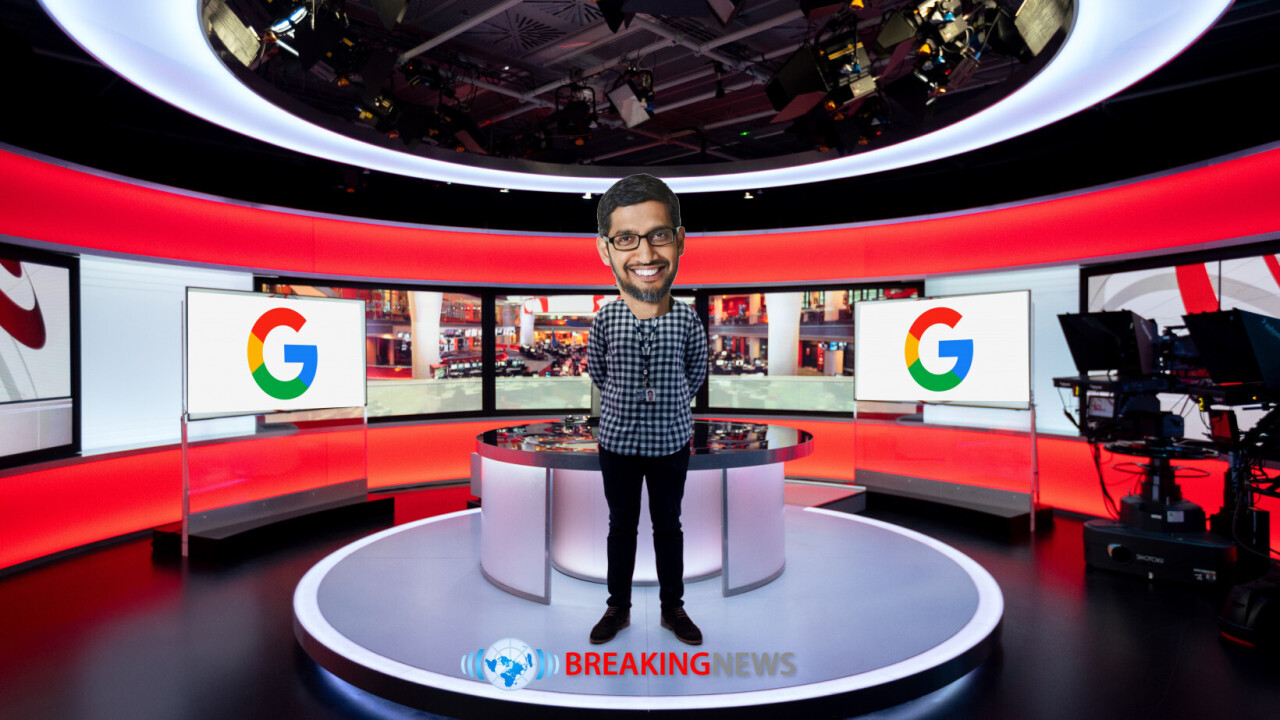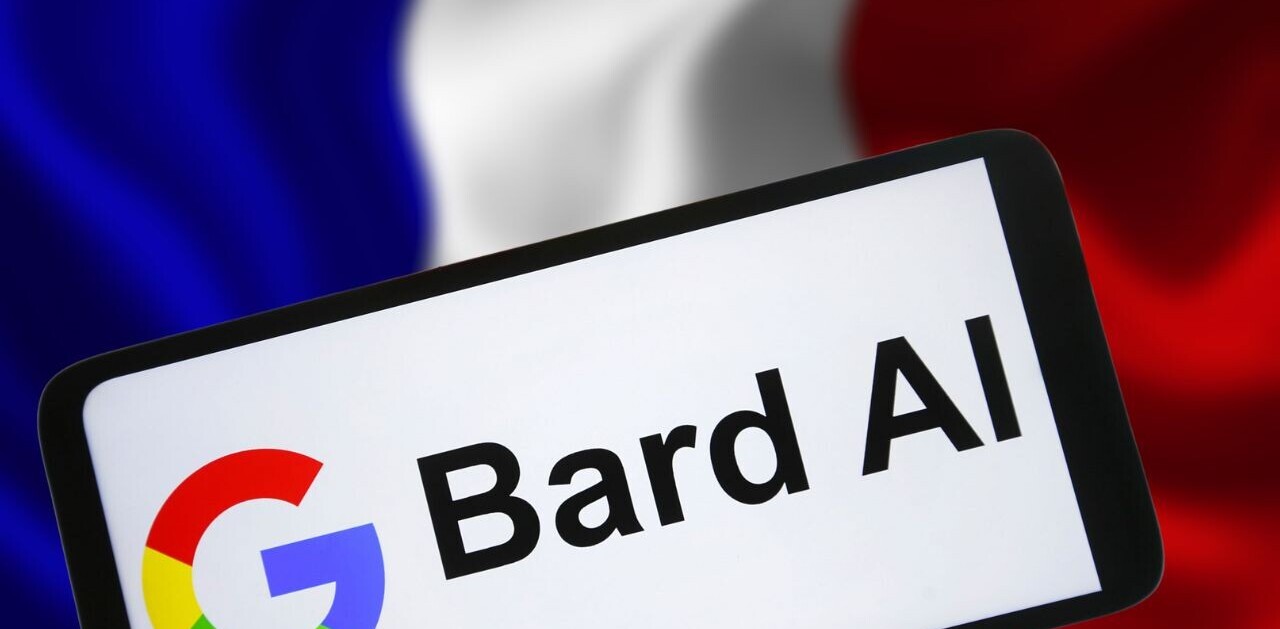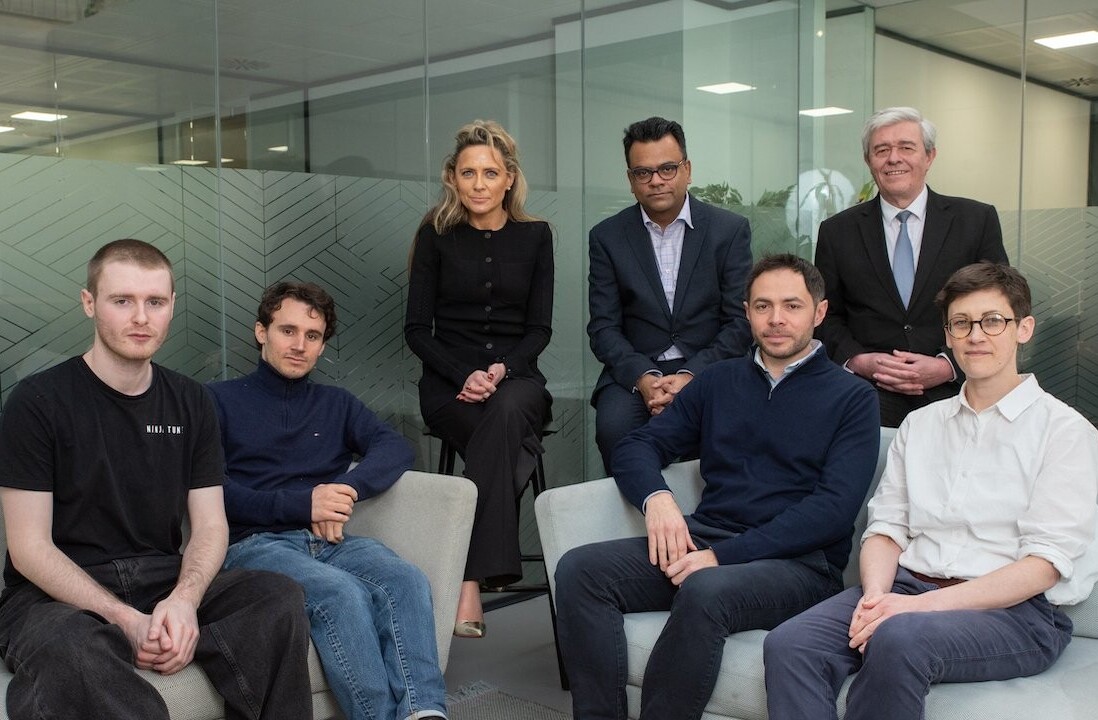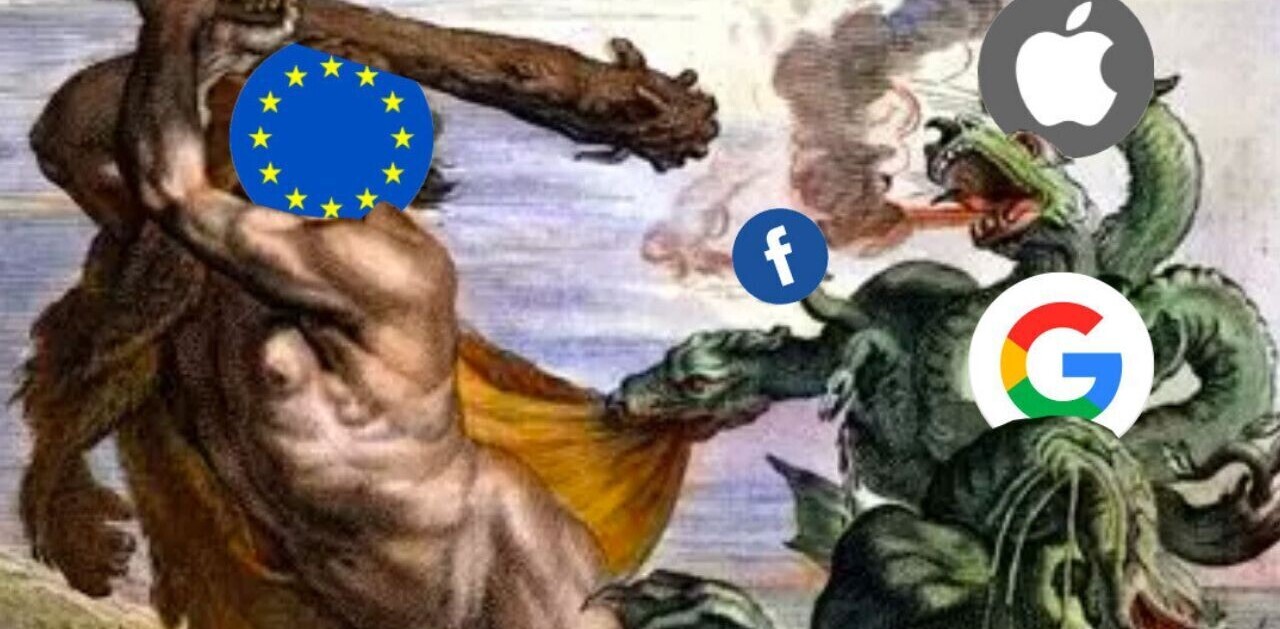Alphabet has merged the UK-based DeepMind and US-headquartered Google Brain into a single AI research unit. Imaginatively named “Google DeepMind,” the new group unites two camps that had developed an internal rivalry.
“Combining all this talent into one focused team, backed by the computational resources of Google, will significantly accelerate our progress in AI,” said Google CEO Sundar Pichai in a Thursday blog post.
The new unit will be led by Demis Hassabis, the co-founder of DeepMind and a UK government AI advisor. Born in London, Hassabis is a former child chess prodigy who finished high school two years early and co-created the Theme Park video game when he was 17.
After earning degrees in computer science and cognitive neuroscience, Hassabis co-founded DeepMind in 2010. Four years later, the company was bought by Google for a reported £400m (€452m) — the Big G’s biggest European acquisition yet.
In his new role as CEO of Google DeepMind, Hassabis will lead the “development of our most capable and responsible general AI systems,” said Pichai.
Joining Hassabis at the new unit is Jeff Dean, who co-founded Google Brain. Dean will serve as Chief Scientist at both Google Research and Google DeepMind, and report directly to Pichai.
“Working alongside Demis, Jeff will help set the future direction of our AI research and head up our most critical and strategic technical projects related to AI, the first of which will be a series of powerful, multimodal AI models,” said Pichai.
The AI competition
The merger comes at a turbulent time for Google’s AI efforts. Despite rearing a raft of research breakthroughs, the company has been shaken by the explosive emergence of OpenAI. The November release of ChatGPT reportedly led Google management to issue a “code red” about the tech giant search engine business.
To add insult to injury, ChatGPT is based on an architecture developed by Google Brain — the transformer. OpenAI acknowledges this influence in the name of its vaunted family of large language models: generative pre-trained transformers (GPT).
DeepMind, meanwhile, has made remarkable advances in computational biology and reinforcement learning, but its commercial impact has been less conspicuous.
By combining the two research units, Google hopes to convert the science into products and services.
The move has already received support in DeepMind’s home country. In the UK, government officials were quick to welcome the merger.
“This is a big development,” tweeted Chancellor Jeremy Hunt. “It sounds very techy, but Google has just merged its two artificial intelligence research units into one… based in the UK. There is going to be lots of competition and a long way to go, but this is a significant step.”
Get the TNW newsletter
Get the most important tech news in your inbox each week.





